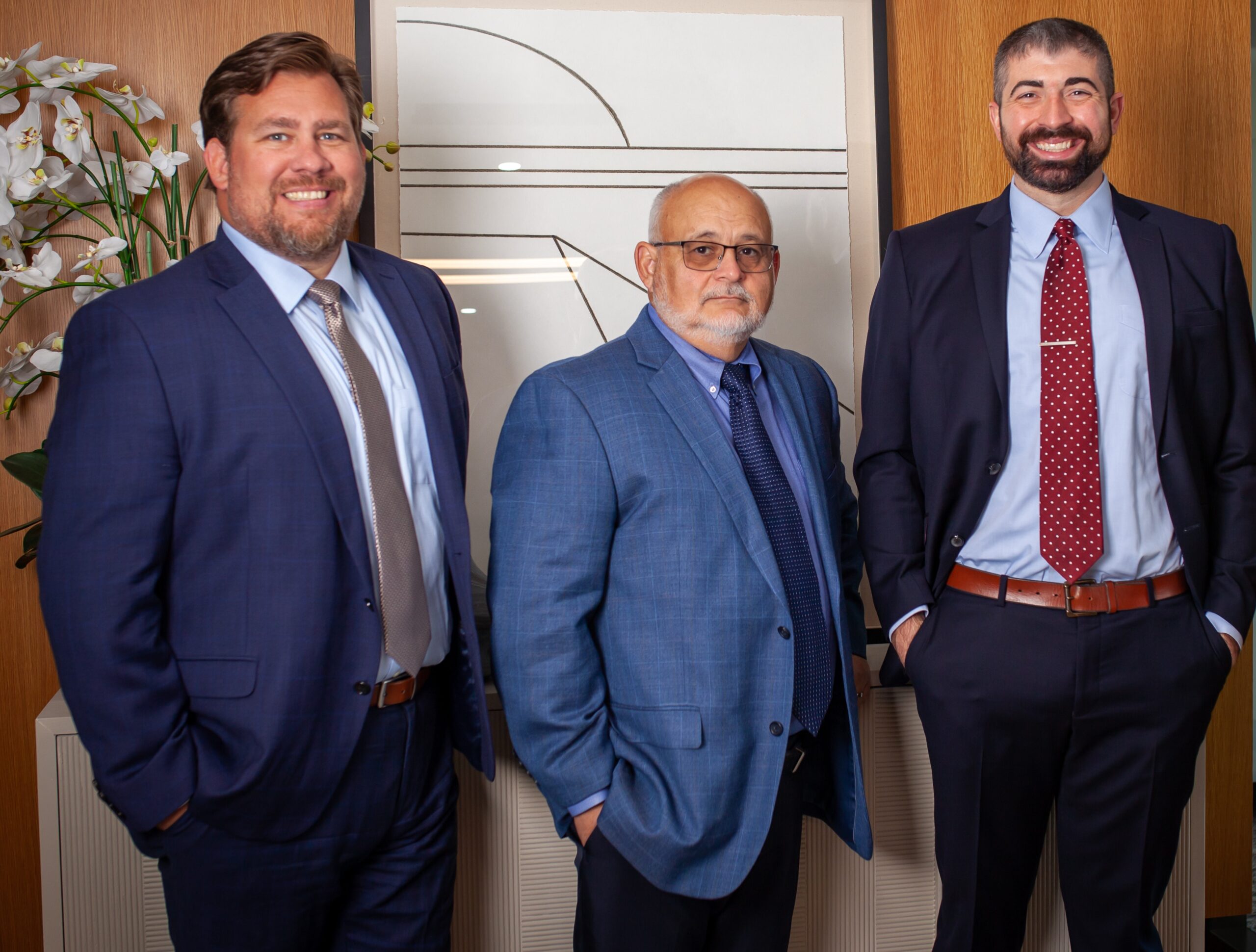M-F 8:30 am to 5 pm

Last November, Ohioans went to the ballot to vote on Issue 3, a controversial referendum that would allow adults widespread access to medical and recreational marijuana. Voters conclusively rejected that proposal, but the medical marijuana legalization conversation remained vibrant amongst citizens and policymakers alike. Fast forward seven months and Ohio is now the 25th state in the nation to legalize marijuana for medical use. Why the sudden, dramatic shift in policy? The answer is difficult to pinpoint and varies depending on who you ask. Medical marijuana looks promising as a viable medical solution for many, but to date, there is little scientific evidence confirming the anecdotal benefits advocated by current patients.
Despite the controversy, one thing is for certain: medical marijuana is now legal for Ohioans, but the privilege comes with a cost. The cost (catch) is a product of a compromise from our Ohio legislature. Many policymakers were concerned legalizing medical marijuana would upset Ohio’s business community and potentially disrupt business’ rights in terms of setting its own human resource policies (i.e. hiring & firing standards, maintaining a drug-free-workplace, etc.). Yet, a majority of policymakers also believed medical marijuana should be available to those whom need it. Quite a conundrum, but to answer the call the Ohio legislature has formulated the “Medical Marijuana Control Commission” to set forth more definitive policies and resolve uncertainties moving forward. The control commission is in its infancy stage and has said that it will need approximately one year to work out all the logistics and procedures before the medical marijuana market becomes operational.
Lardiere McNair, LLC has reviewed and summarized Ohio’s new law below into sections covering growing & retail operations, physicians, employers, and patients. Each section below will provide a general overview of the subject matter.
Growing & Retail: The goal behind the newly enacted regulatory scheme is to ensure Ohioans who need medical marijuana have access to a safe, predictable product. Ohio’s law requires any person or entity who seeks to enter into the lawful distribution or cultivation of marijuana to have a license from the state. The control commission will be responsible for establishing application guidelines and procedures (which they have not done as of this writing) and for making licensing determinations. Finally, local government retains control over whether or not they will allow dispensaries and manufacturing to operate within their jurisdiction.
Physicians: Prescribing doctors must register with the control commission if they wish to prescribe medical marijuana for their patients. The statute commands physicians to actively monitor their patients and report those findings with the commission. Further, all doctors who prescribe marijuana are required to produce an annual report for the commission, which would include the doctor’s findings and opinions on the effectiveness of the plant in treating patients’ ailments.
Employers: As discussed above, employers retain autonomy in setting their H.R. policies. Ohio’s medical marijuana law expressly provides businesses the right to reject a potential hire or fire a current employee for failing a drug test notwithstanding a lawful marijuana prescription. This aspect of the law is by far the most controversial but for now remains controlling.
Patients: Those looking for relief via medical marijuana must work hand-in-hand with their physician in order to gain a lawful prescription. First, the patient must have a qualifying condition. The statute identifies a few dozen qualifying conditions, including cancer, pain, and other degenerative diseases. The control commission has the ability to expand that list moving forward. Second, the patient must have a preexisting patient-physician relationship. This requires the patient to have a fully informed doctor who is familiar with the person and his or her medical history and needs. Once a patient has a lawful prescription, she may purchase marijuana from a dispensary only. “Home-grow” operations remain illegal under Ohio law. Prescriptions must be renewed every 90 days by the treating physician. Finally, it is important to reiterate that employers may lawfully fire a medical marijuana patient. People fired from their employ may not claim unemployment insurance from the state under the current statutory regime.
LM Counsel will continue to keep ahead with this growing aspect of the law to keep clients fully informed. If you are a physician, business, or individual and you have a medical marijuana related question, please feel free to contact our firm at (614) 534 -1355.
Evan Wagner is a Law Clerk at Lardiere McNair, LLC. To read more about our firm, please visit www.lmcounsel.com.
The information presented here has been prepared by Lardiere McNair for promotional and informational purposes only and should not be considered legal advice. This information is not intended to provide, and receipt of it does not constitute, legal advice. Nor does the receipt of this material create an attorney/client relationship. An attorney client relationship is not established until such time as Lardiere McNair enters in to a written engagement agreement with a specific client for a specific legal matter.
"*" indicates required fields
